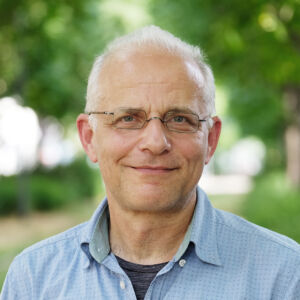Conceptualizing social-ecological practices
Lukas Sattlegger, Luca Nitschke, Immanuel Stieß
Immanuel Stieß has been a research scientist at ISOE since 1999. Since April 2023, he has been a member of the Executive Board and, together with Fanny Frick-Trzebitzky, heads the Practices and Infrastructures hub. Before that, he was head of the research unit Energy and Climate Protection in Everyday Life.
He is a sociologist and planning expert and received his doctorate in Architecture, Urban Planning and Landscape Planning from the University of Kassel, with a thesis on communication with tenants during modernisation processes. His focus is on social-ecological life-style research in construction and housing; nutrition; integration of communication instruments in urban and spatial planning; and indicators of sustainability for social life. Immanuel Stieß has wide experience in both quantitative and qualitative empirical research into social life and the related design of target group oriented communication strategies.
Lukas Sattlegger, Luca Nitschke, Immanuel Stieß
Marion Mehring et al.
Dirk Arne Heyen et al.
Sachverständigenkommission für den Vierten Gleichstellungsbericht der Bundesregierung
Marion Mehring et al.
